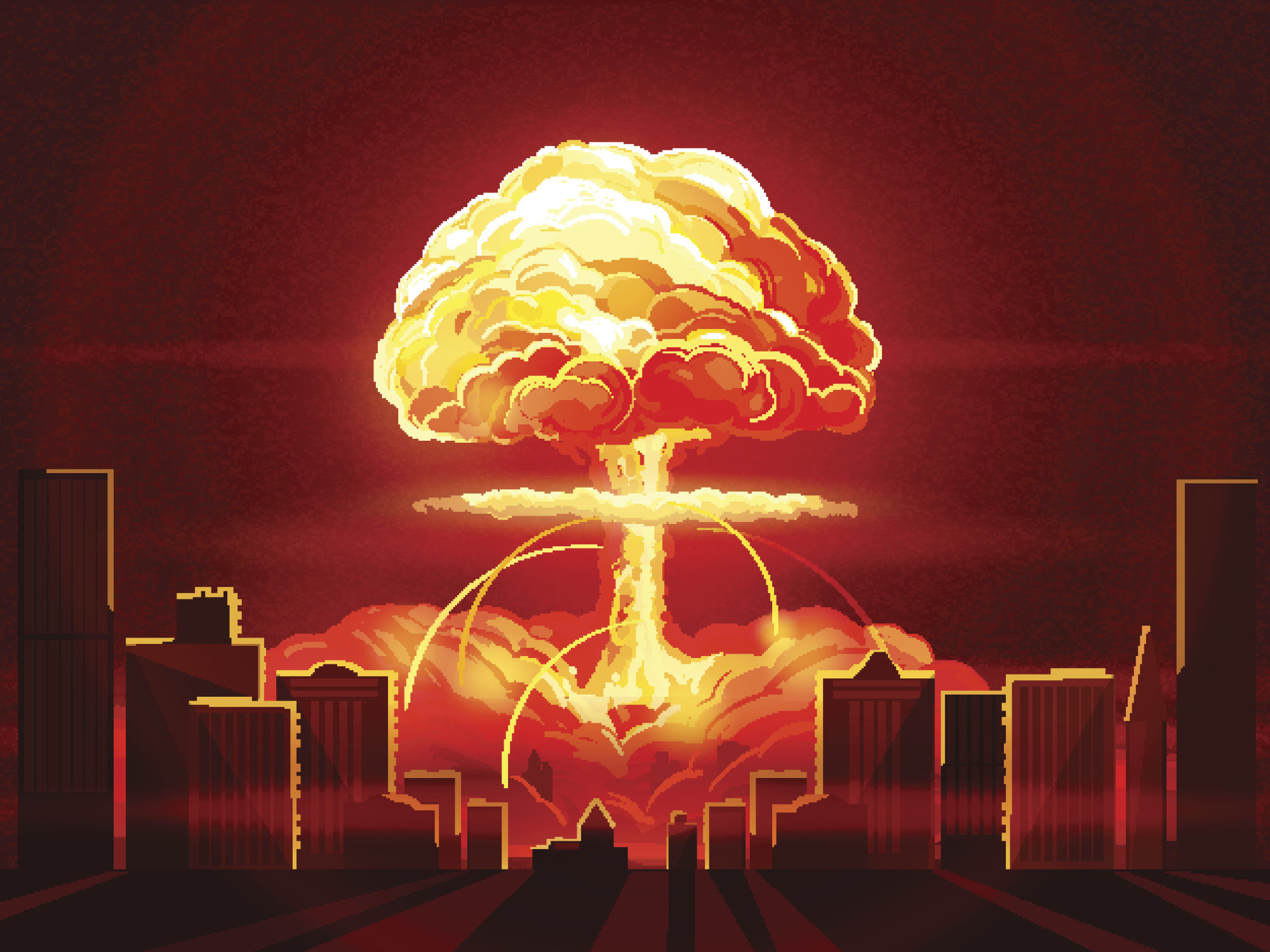As rising nuclear threats become harder to ignore, non-nuclear states have responded in one of two ways. The majority have sought to reduce the risks of deliberate or inadvertent nuclear war by doubling down on disarmament efforts, crystallizing most eloquently in the Nuclear Ban Treaty adopted in 2017. The treaty has been signed by 79 states and ratified by 33. It will enter into force with 50 ratifications.
Meanwhile around 30 countries that depend on the U.S. nuclear umbrella for their security have become somewhat apprehensive of abandonment by their protector under U.S. President Donald Trump. Even with nuclear weapons being integrated into NATO military doctrine and deployed on the territory of non-nuclear allies, some Europeans have opened a debate on acquiring their own bomb as a hedge against the nuclear threat from a newly-emboldened Russia with the failure to effectively check its ambitions in Ukraine and the Middle East.
The more pressing potential threats for Pacific allies are China and North Korea. While Pyongyang helped to concentrate the minds of strategic analysts, publics and policymakers in Japan and South Korea two years ago, the rapidly worsening China-U.S. relations and the slow-but-steady transformation of the Pacific strategic balance to China's advantage has stirred a debate even in remote Australia. The nuclear fates of the three Pacific allies are interconnected, in that moves by any one would have cascading consequences in the other two, and possibly also in Taiwan.

















With your current subscription plan you can comment on stories. However, before writing your first comment, please create a display name in the Profile section of your subscriber account page.